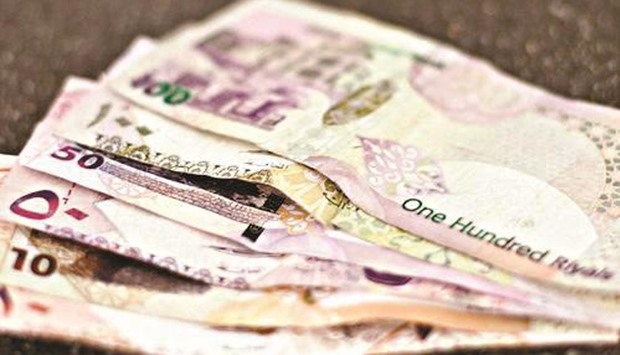Qatar said on Monday it has filed three lawsuits in London and New York against two Saudi and UAE banks, and the Luxembourg-based Banque Havilland for allegedly plotting to undermine its currency and bonds.
In June 2017, the UAE, Saudi Arabia, Bahrain and Egypt imposed an illegal blockade on Qatar and took a number of actions designed to damage Qatar, its economy, and its residents.
The cases name Luxembourg-based Banque Havilland, the UAE's First Abu Dhabi Bank (FAB) and Saudi Arabia's Samba Bank, according to filings seen by Reuters and a statement from Qatar's government communications office (GCO). It also names as a defendant an individual at Banque Havilland, Vladimir Bolelyy, who was responsible for preparing the plan to attack Qatar's financial markets.
In the case, Qatar alleges Banque Havilland devised a plan to weaken the country's riyal currency on key composite indices by submitting thousands of "fictitious and depreciated" quotes, according to the court filings.
"But the quotes were phoney, as FAB, Samba Bank, and others repeatedly refused to transact with counter-parties at the prices they were quoting in public," the filings stated.
As a result of the defendants' manipulative conduct, Qatar and many investors suffered harm in New York, the statement added.
The lawsuits were filed based on an investigation launched by Doha into market manipulation, according to the statement, which said that further legal action may be taken as the probe was continuing.
"This financial market manipulation violated all norms of accepted conduct and will not be allowed to go unchecked. While the financial market manipulation failed in its efforts to undermine confidence in the Qatari Riyal and Qatar, it nonetheless caused economic losses and Qatar is compelled to take the actions necessary to call to account the financial institutions that engaged in illegal market manipulation," the statement said.
Qatar's central bank began a probe into the alleged manipulation in late 2017 after it said unidentified banks were looking to attack the riyal by trading it between themselves offshore at artificially weak levels - to create an illusion Qatar's economy was crumbling.
"Qatar seeks to hold FAB, Samba Bank, and the unknown John Doe defendants who conspired with them liable for damages that they have caused to Qatar, plus punitive damages and statutory interest," the filings stated.
They added elsewhere that Qatar also sought to hold Banque Havilland similarly responsible.
Qatar has already taken legal action against the four countries before the International Court of Justice, International Civil Aviation Organisation and World Trade Organisation.
In July 2018, the International Court of Justice issued a ruling indicating provisional measures in favour of Qataris, who have been discriminated by UAE cohesive measures, it noted.
First Abu Dhabi Bank declined to comment, while Banque Havilland and Samba Bank did not immediately respond to requests for comment.
First Abu Dhabi Bank is the largest lender in the United Arab Emirates while Samba is one of the leading banks in Saudi Arabia.
With more than $300bn in central bank reserves and sovereign wealth fund assets, bankers say Qatar has sufficient financial firepower to block attacks on its currency.



